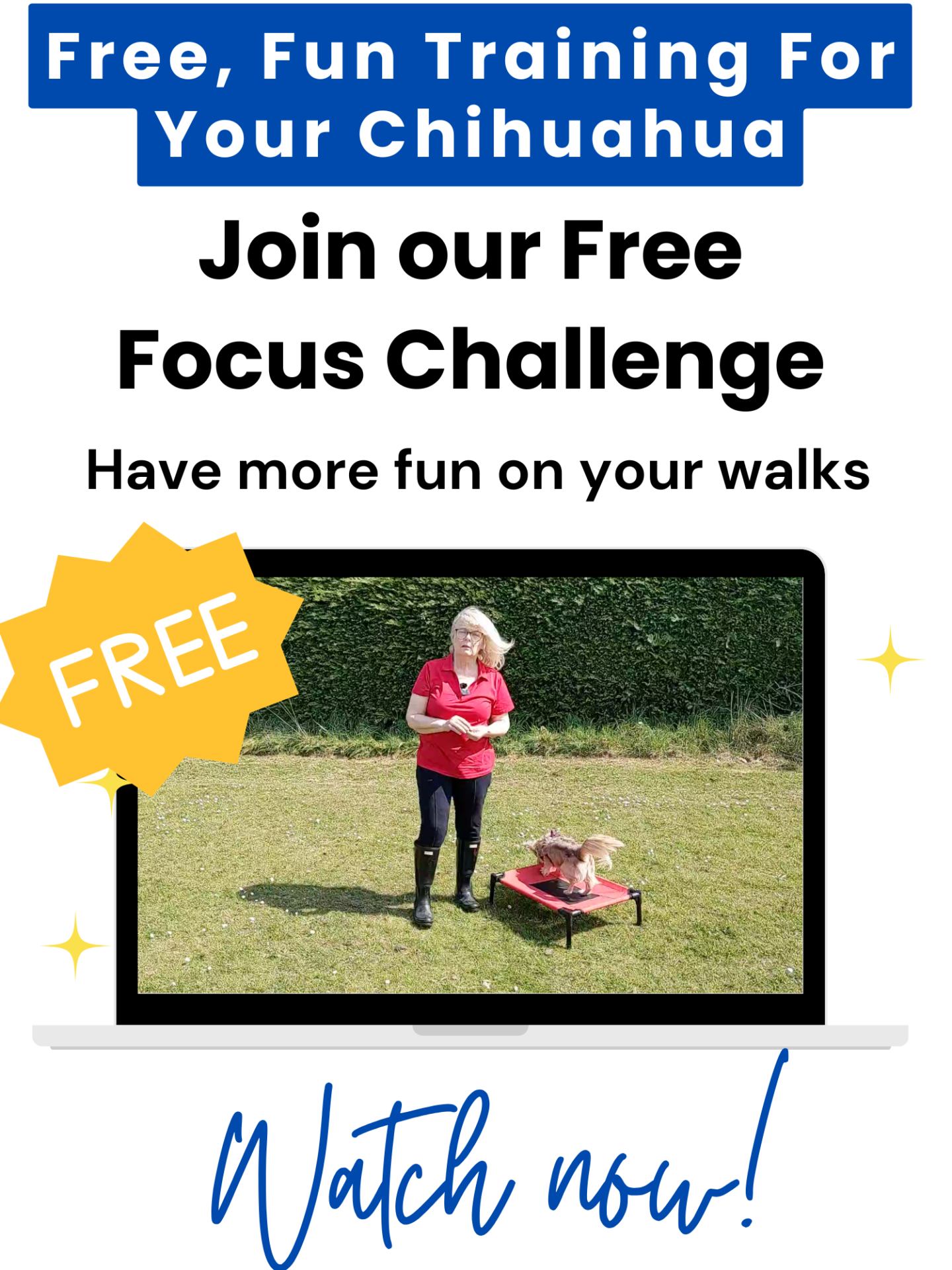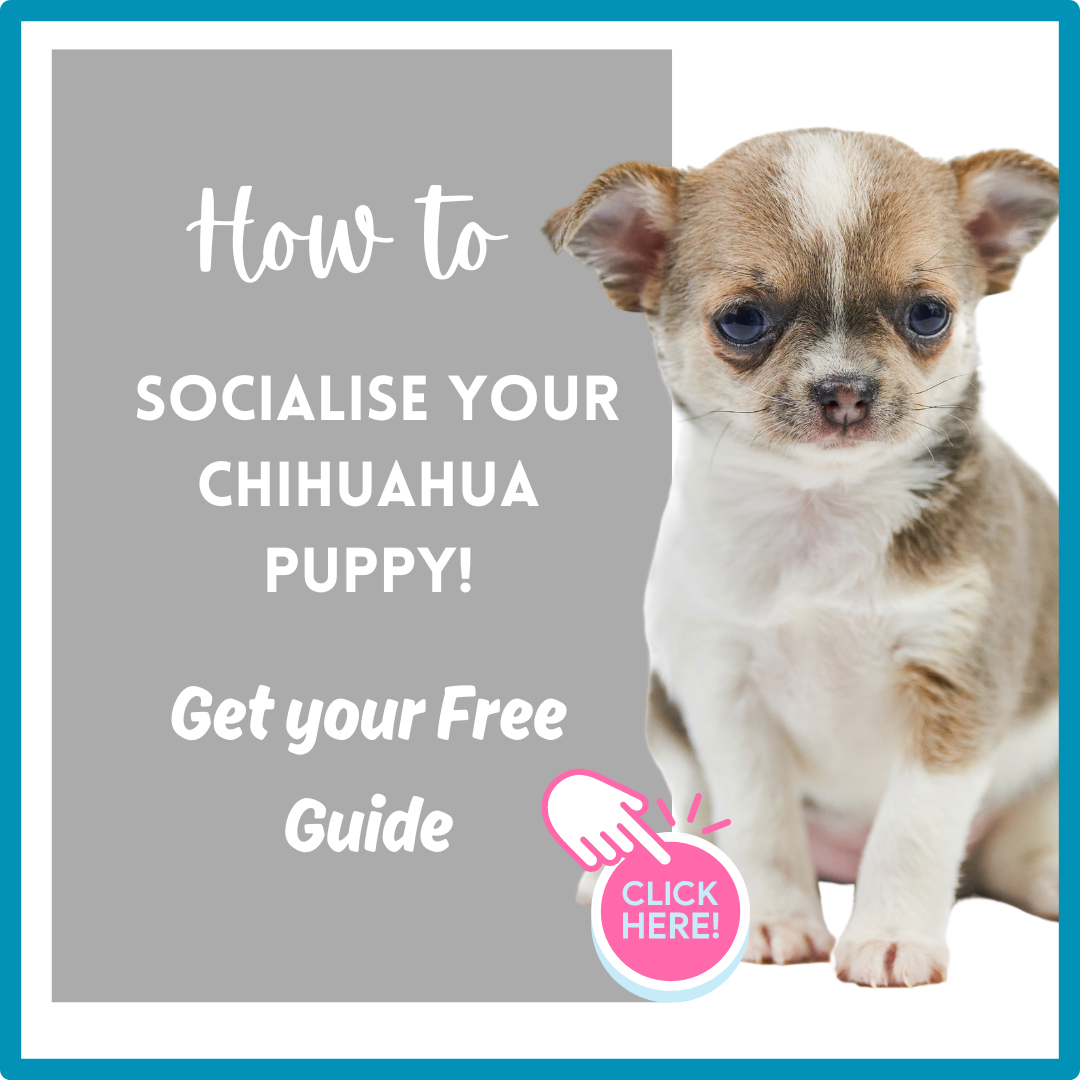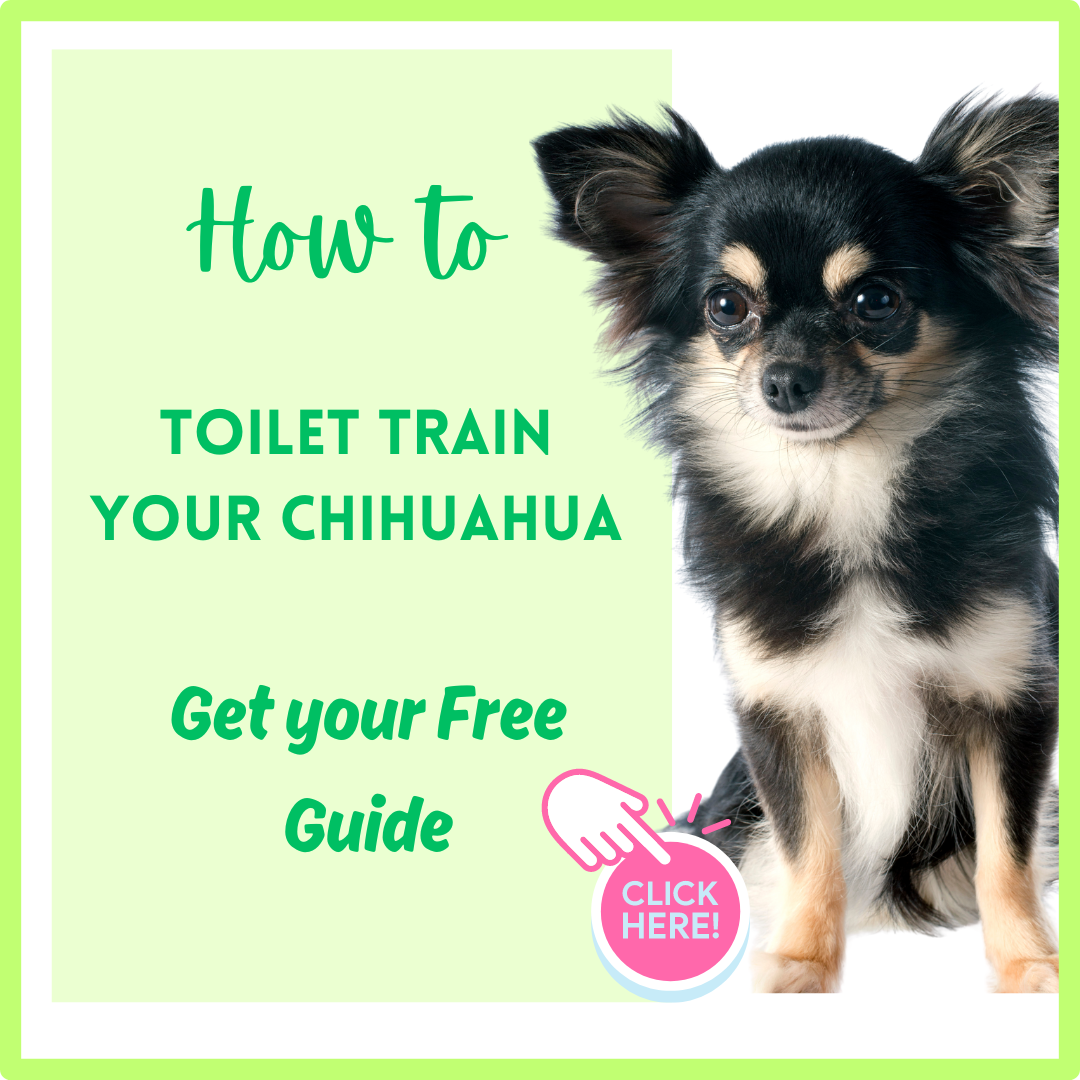Chihuahua Behaviour; 5 Ways to not approach a Chihuahua
Does it drive you mad when people assume that because your chi is small and cute that he is automatically going to want to be petted and fussed. Nothing could be further from the truth for a lot of chihuahuas who are, by nature, wary of strangers and prone to fear biting. Understanding chihuahua behaviour and what motivates their responses can help people understand your chi and avoid the chihuahua ‘curled lip of doom’.
Minnie looks like a teddy bear and children are automatically drawn to her and luckily, she loves to be fussed, but Mika is a lot warier of strangers especially children and would take a dim view of a stranger not following the correct introduction protocol’s.
His growl or snap would then be interpreted as aggressive, when in fact to the dog, it is the stranger who is being aggressive and threatening.
It seems to me that people don’t teach their children how to approach dogs and don’t try to understand the interaction from the dogs point of view.

Minnie loves everyone and enjoys a fuss. Mika is not so keen.
Here are some general guidelines to help people understand more about chihuahua behaviours and introduction etiquette.
Don’t Loom Over Them
To a chihuahua you are huge and if you stand over them they may assume an attack is imminent. Chihuahuas, like most small animals, are programmed to instinctively avoid large objects coming at them from above. Crouch down and be sideways to the dog, this reduces your profile and makes you appear less of a threat.
Don’t Pat Them On The Head.
No dogs really like being patted on the head, to a dog this is a sign of aggression and dominace. Some may tolerate it, but chihuahuas can be less forgiving than a lot of dogs. Crouch down and let the dog come to you before you attempt to touch him. Then if it is appropriate approach him in a curve rather than head on and go for a scratch behind the ears or a chest rub.

Not the way to approach a dog. You can see how unhappy he is.
Don’t Run Up To Them
One of the main reasons chihuahuas may not be the ideal dog when you have a young family is their dislike of unpredictable running about. You would avoid an out-of-control giant baby and this is how some chihuahuas view young children. This puts them on guard. You might think it would be best to run away and hide, but chihuahuas are feisty and will attempt to deal with the situation by using the weapons available to them. Growling and teeth.
Joggers and people coming towards them on bikes will fall into this category and when your chihuahua spots them he may go into attach mode and attempt to nip ankle’s and the backs of legs.

Do you worry that your chi will try to nip joggers and cyclists?
When we are out with ours and this happens we ‘power walk’ them past the oncoming threat giving them positive strong commands of ‘walk on’. If they are confident with you as pack leader they will take their que from you and should start to tolerate the situation. Mika has defiantly got better. He hasn’t chased a jogger across the park for a while now!
Don’t Wave Things About.
If you have children who are playing ball or skipping or you have a stick of some sort this may not be the best time to stop and chat to a chihuahua or walk past one. In the same way they don’t like unpredictable behaviour they don’t like people waving things around. They will most defiantly feel threatened and are likely to snap or growl.
Talk In High Pitched Excitable Tones.
If you did this to a child the child would become over stimulated and excitable and then you wouldn’t be able to do anything with them. The same thing will happen to your chi or any dog. You can’t over stimulate them then expect them to read the situation correctly. Be calm and act in a calm way to get the best interaction possible.
We love your feedback, please leave comment below.
Other articles you may like: Making friends with your mother-in-laws chihuahua.
Discover more from Chihuahua School by Chihuahua Power
Subscribe to get the latest posts sent to your email.









My chihuahua female puppy, 3 months old, does not like anyone around period. She immediately barks and growls. The growl is a ‘means business’ growl too. I know she does this because, in part, she is fearful, but she also seems to possess a very strong guarding characteristic and highly suspicious nature. She is automatically suspect of anyone/any other dog/anything ‘not known’ to her. When she arrived to become a part of our family on March 27, 2021, it was myself and my mother at home. She was fearful at first, tail between her legs, not a happy girl. We sat in the yard (the seller kindly let me keep the puppy litter bed as she was the last); me in a yard chair, her in her puppy bed on a yard chair seat and just enjoyed the spring day. It was a pretty afternoon. Suddenly, after a little while of her in the yard chair, me picking her up, talking gently, her tail curled up over her back, she began licking my face and wagging her tail. She barked once at my mom, but apparently that meant nothing at all. We went into the house a bit later, and got her set up and settled in. She loves me and my mom. We are, at this point, the only humans she trusts and enjoys. She wiggle-butts behind my mom, she sits in my mom’s lap, she sits between my mom’s feet on the part of mom’s blanket throw that hangs down onto the carpet. She really seems to enjoy my senior mom and me as well. I will continue to do socializing training because I want her to be calm and relaxed, not stressed and fearful. She’s lovely. Her chocolate dad and cream mom gave her a unique coat coloring which includes cream / white ‘angel wings’ across her shoulders, extending down each side of her body. I love her dearly.
Hi there,
She sounds like a beautiful dog, the problem you are having is because she has a very pessimistic view and finds novelty and new things frightening. Taking her to traditional socialising classes is likely to make things worse as she won’t be able to cope with the other dogs, noise and excitement.She is likely to bark like mad at other dogs or shut down. This is the problem with a lot of chihuahuas. Owners have done what they thought was correct but for such a small dog these methods are overwhelming. If you contact me I would be able to coach you through a series of training games that will help your chihuahua become more of an optimist, and be less afraid.
I have a jack- chi, and I have issues with him biting ankles and having a go at anyone who comes too close to him.
I have to muzzle him when I board trains or busses, we have to pull him away and watch for any legs or ankles that walk past, he’s put on a short lead when others walk or ride past us.
As this breed of dog isn’t very sociable I have got him a vest that requests others to give him space.
https://www.dfordog.co.uk/printed-dog-message-jacket.html
A caged muzzle and chill pills also to calm him down.
If I don’t do this I could get into big trouble.
I do warn others that he has anxiety and he doesn’t like been touched.
We was just coming of the train the other week and someone tried to pat him on the head, sad to say she got a taste of his teeth.